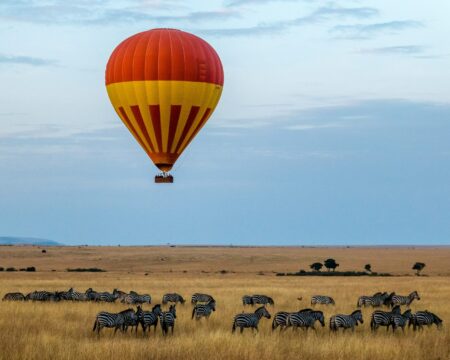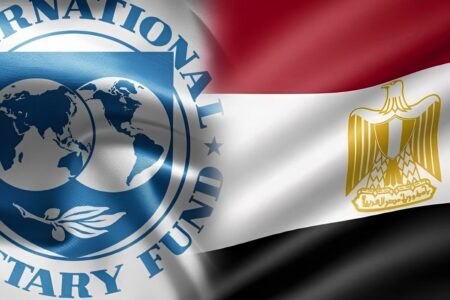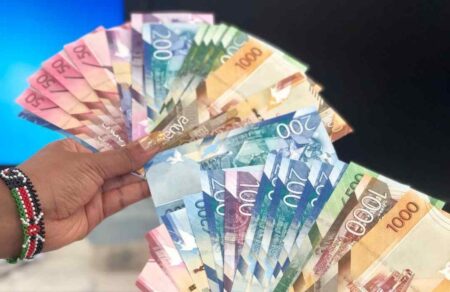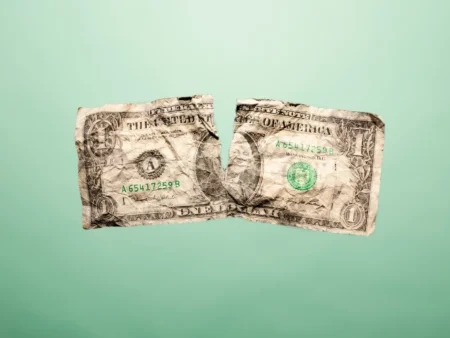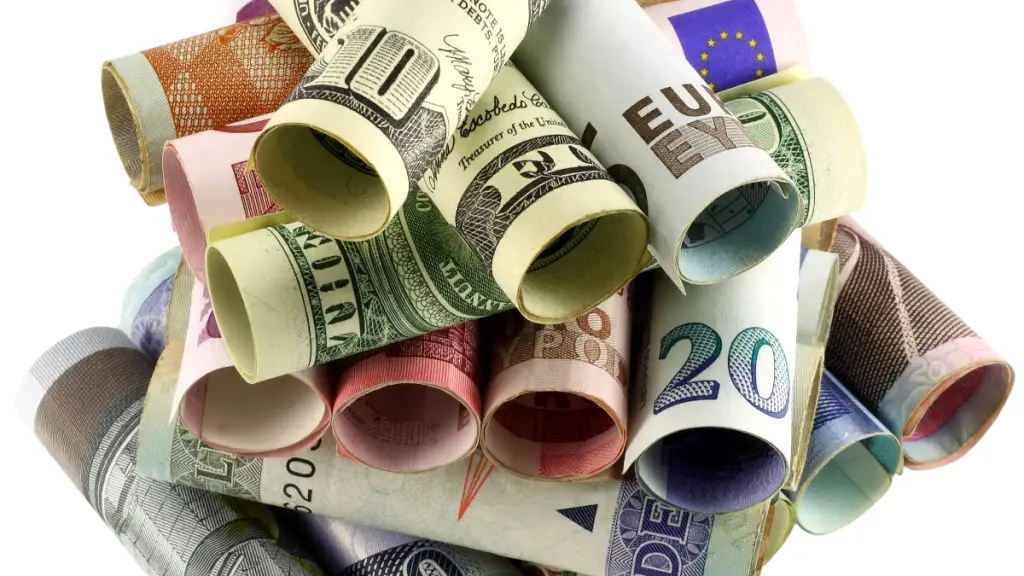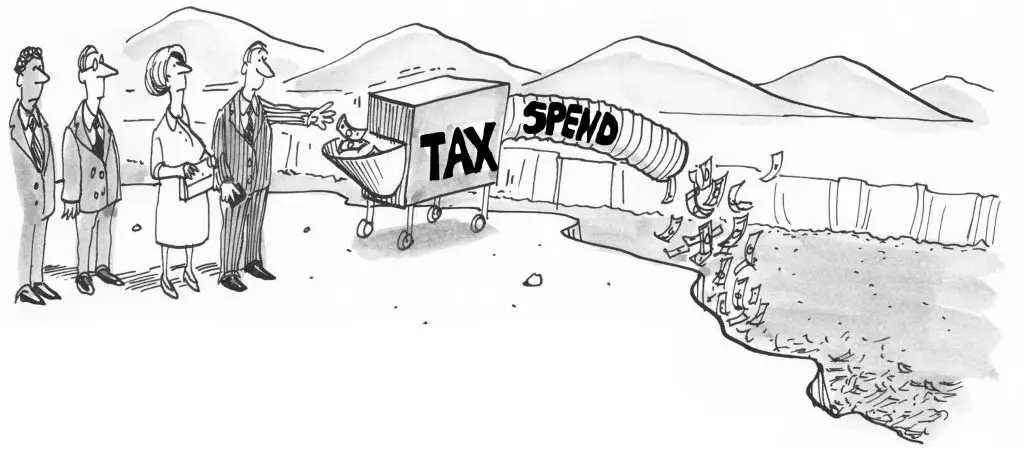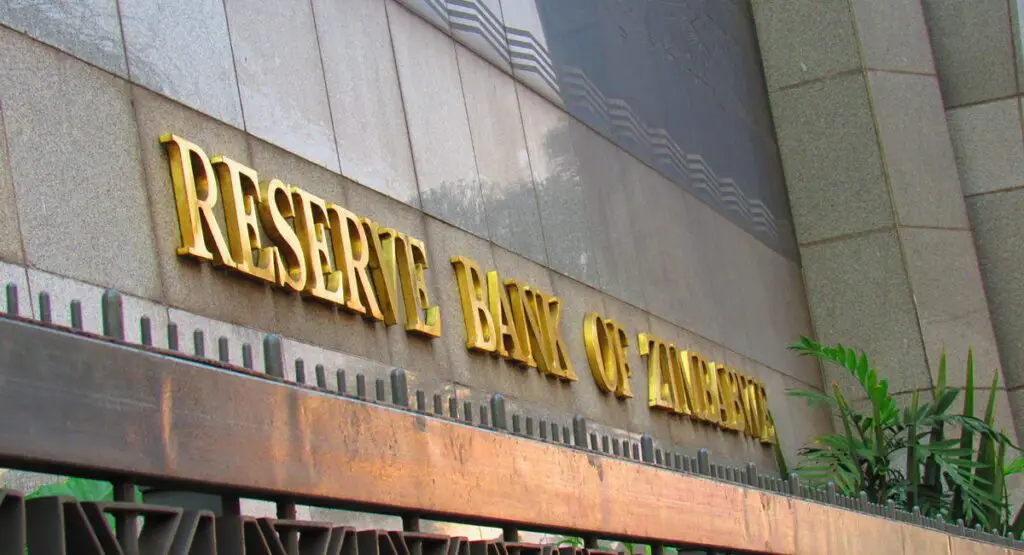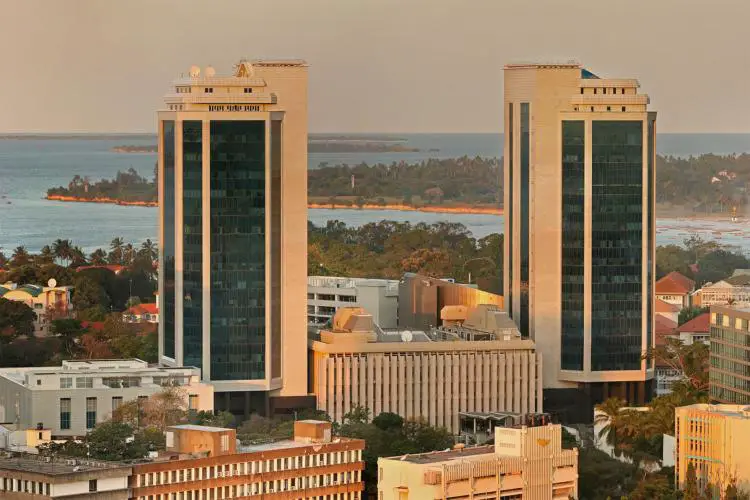- Africa’s new dawn: the rising role of digital and AI in agriculture
- Can Dangote Refinery Transform Africa Energy Ambition
- Gallup Survey: 80 per cent of Kenyan Workers Are Disengaged and Seek New Opportunities
- Madagascar Man Freed from 5KG Tumor After 15-Year Struggle
- How women in Africa are perceived and treated
- Sugar consumption in Kenya to Increase to 1.23 Million Tonnes
- Can Somalia and Turkey Oil deal Bring Change in Somaliland
- Remittances to Kenya dropped to $371.6 million in June, marking a six month low
Browsing: foreign exchange
- Tourism in Kenya is the third-biggest foreign exchange earner after remittances and agricultural exports.
- The tourism sector’s performance has been impressive, with earnings reaching $ 2.7 billion in 2023, a 32 per cent growth from $1.8 billion recorded in 2022.
- In 2024, the sector is projected to recover to pre-pandemic levels per the strategy for tourism in Kenya 2021-2025.
Tourism in Kenya
Tourism is Kenya’s third-highest foreign exchange earner after remittances and agricultural exports.
According to the Tourism Research Institute, the industry accounts for about 10 per cent of Kenya’s gross domestic product and about 5 per cent of its formal employment.
Kenya has been a significant tourist destination in East Africa, attracting visitors worldwide to its wildlife parks, sandy beaches at the coast, diverse flora and fauna, cultural heritage, and scenic landscapes, to name a few.
However, the outbreak of COVID-19 sent shockwaves to the tourism sector, bringing it …
- The IMF has approved an expansion of the original economic rescue program for Egypt by $5 billion.
- Spillovers from the recent conflict in Gaza and Israel aggravated the shaky economic situation in Egypt.
- Egypt has recently taken difficult but necessary reforms to correct the country’s microeconomic imbalance.
IMF’s Economic Rescue Program for Egypt
The Executive Board of the International Monetary Fund (IMF) has completed the first and second reviews of Egypt’s Extended Fund Facility (EFF)arrangement, approving an expansion of the original economic rescue program by $5 billion.
detroit lions jersey
Florida state seminars jerseys
Ohio State Team Jersey
49ers jersey
49ers jersey
Ohio State Team Jersey
asu football jersey
asu football jersey
Florida state seminars jerseys
fsu football jersey
Florida state seminars jerseys
Iowa State Football Uniforms
Iowa State Football Uniforms
detroit lions jersey
The IMF had initially approved a $3 billion loan in December 2022 but has …
- Official data shows that diaspora remittances to Kenya increased to $412.4 million in January 2024, compared to $372.6 million in December 2023.
- This represents an 18% jump compared to similar month in 2022 as well as 10.7% month-on-month increase in inflows.
- The cumulative inflows for the 12 months to January 2024 totalled $4.3 billion compared to $4 billion in the same period in 2023, an increase of 5.3 per cent.
Kenyans in the diaspora sent home more money in January compared to December, as the strong start of the year signals easing inflationary pressures, mainly in key sourcejock strap brock bowers jersey jordan max aura 4 nike air jordan 1 elevate low oregon football jerseys black friday wig sale best human hair wigs for black females latex hood custom stitched nfl jersey sit top kayak nike air max 90 futura jock strap jock strap air max 270 women alpinestars …
For many Kenyans, life was unbearable during former President Uhuru Kenyatta’s reign. But just one year after President William Ruto came to power, life is getting more onerous. High taxation, the depreciation of the shilling against the dollar, and record-high fuel prices have highlighted the last few months. This has painted a grim picture of Kenya’s future and shattered citizens’ hopes for economic reinvigoration.
On September 14, 2023, the Energy and Petroleum Regulatory Authority (EPRA) announced record-high fuel prices for the September-October regulation cycle. A litre of super will now retail at Kes 211.64, diesel at Kes 200.90, and Kerosene at Kes 202.61. This represents an increase of Kes 16.96, 21.32, and 33.13, respectively, in the new prices announced last midnight.…
- The government of Tanzania has responded to claims that Kenyan companies are now obtaining dollars from Tanzania
- Kenya is currently experiencing a severe dollar shortage as a result of massive international debt repayments
- The Bank of Tanzania (BoT) is monitoring and evaluating the foreign exchange market to ensure compliance with all applicable laws and rules
The government of Tanzania has responded to claims that Kenyan companies are now obtaining dollars from Tanzania to fulfil their obligations to manufacturers and general goods importers.
Kenya is currently experiencing a severe dollar shortage as a result of massive international debt repayments, which caused its foreign exchange reserves to fall to a level that was below the key level of four months’ import coverage.
Lawrence Mafuru, the Deputy Permanent Secretary in the Ministry of Finance and Planning, stated in Dar es Salaam yesterday that the Foreign Exchange Act and rules govern the nation’s foreign …
There appears to be a consensus that the world is finally turning its back on the US dollar. There are simmering shifts within the global monetary system. The shift becomes ever more apparent, best described as de-dollarisation.
The world is searching for alternatives to the US dollar, finding them more often. Thus, moving away from the dollar can no longer be stopped. For instance, early this year, Indonesia reiterated it would promote local currency settlement (LCS) in cross-border trade and investment to reduce dependence on the US dollar.…
A currency crisis is defined as a quick and abrupt depreciation of a country’s currency. Currency depreciation goes in tandem with turbulent markets and a loss of confidence in the country’s economy. Historically, crises have arisen when market expectations induce significant movements in the value of currencies.
The global economy is now in turmoil. As the world economy enters another era of a currency crisis, the value of the US dollar keeps rising. Over half of all international trade is billed in dollars. A stronger dollar thus hurts consumers globally, particularly in Africa, who rely on dollars to pay for imports.
The US Federal Reserve’s hawkish approach to increasing interest rates more aggressively than central banks in other major countries has contributed to the dollar’s appreciation. The fact that investors generally see the dollar as a “safe haven” asset during times of economic turmoil has added to its resilience.…
Countries must continue to work to mitigate their vulnerabilities over time. This involves minimizing balance-sheet misalignments, establishing money and foreign exchange markets, and lowering exchange rate passthrough by increasing monetary policy credibility.
However, in the short term—while vulnerabilities remain high—the use of extra instruments may assist relieve short-term policy trade-offs when certain shocks occur. In particular, foreign exchange intervention, macroprudential policy measures, and capital flow controls may help increase monetary and fiscal policy autonomy, promote financial and price stability, and minimize output volatility if reserves are enough and these instruments are available.…
Among Zimbabweans, there is a clear preference for the use of the United States dollar over the local currency. This is to the extent that there are some government services which cannot be accessed without United States dollars.
There are also some basic household commodities and goods that one will need to pay for using hard currency and will not be able to purchase if they have the local currency. Following on the issue of the currency crisis is the fact that exporters are already heavily burdened with operating costs in United States dollars.
Regardless of whether it is an exporter or partial exporter, 40 per cent of all export proceeds generated by Zimbabwean-based exporters must be surrendered to the central bank. This is how the central bank has been funding its auction system to allocate foreign exchange to importers.
To be fair, the surrender requirements are not uniformly or …
- Tanzania managed to attract Foreign Direct Investments (FDIs) totaling 2.9 billion US Dollars in five months between March and August.
- Tanzania’s total foreign reserves reached a historical high, sailing well above the regional benchmarks.
- The central bank attributed the reserve increase to exports of goods and services that increased by 6,1 percent.
During the tumultuous period, of Covid-19 Tanzania’s economy largely operated under the premise of business as usual. Despite this approach, the country was less confronted with an unavoidable slowdown in some of its key sectors but not all may be tourism got its fair share of the effect of Covid-19, which resulted to the slowdowns in the economies of its key trading partners.
In May 2020, when many countries in the region were starting to realize the full extent of the short- to mid-term economic crisis associated with Covid-19, the Monetary Policy Committee of the Bank of Tanzania …





